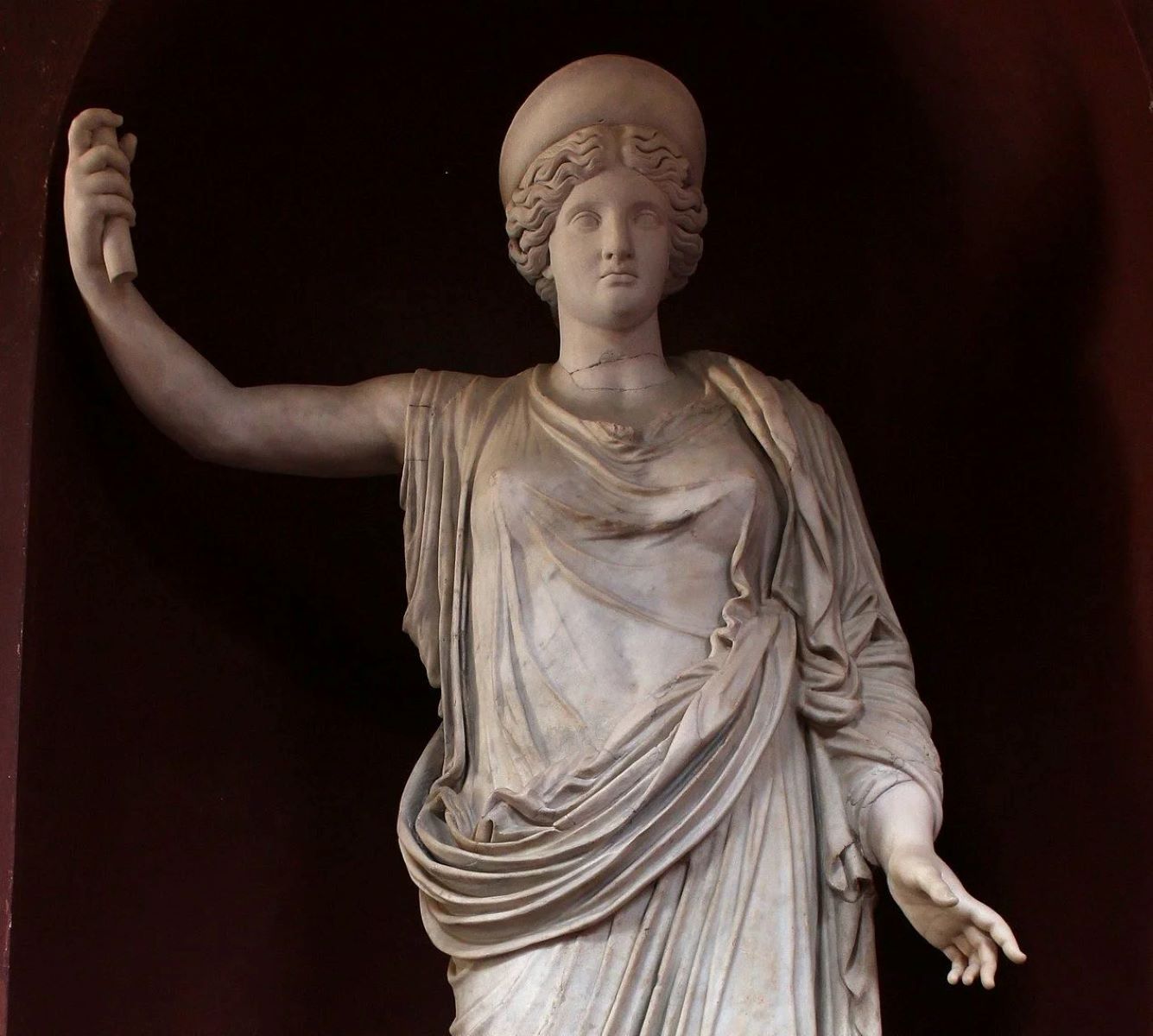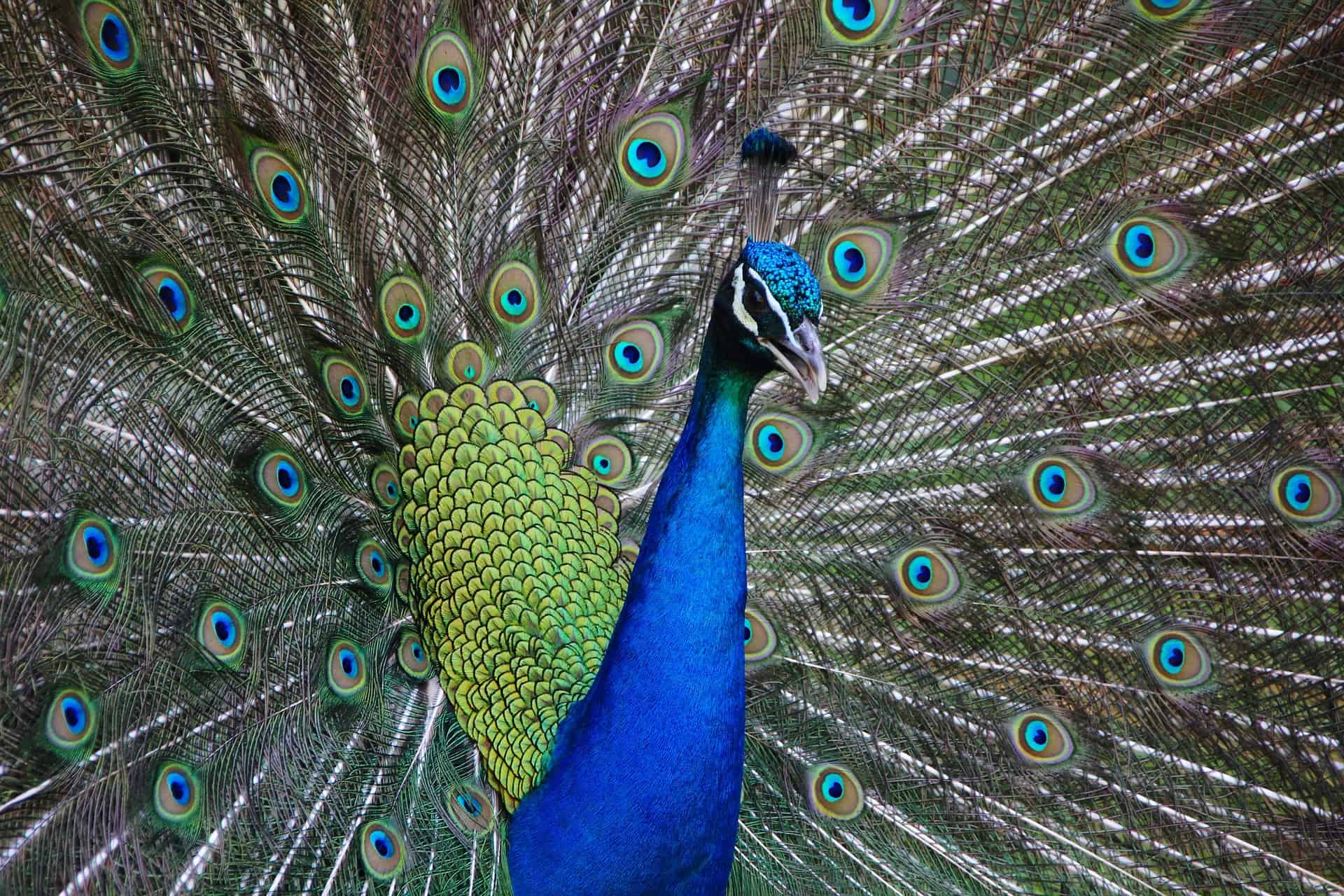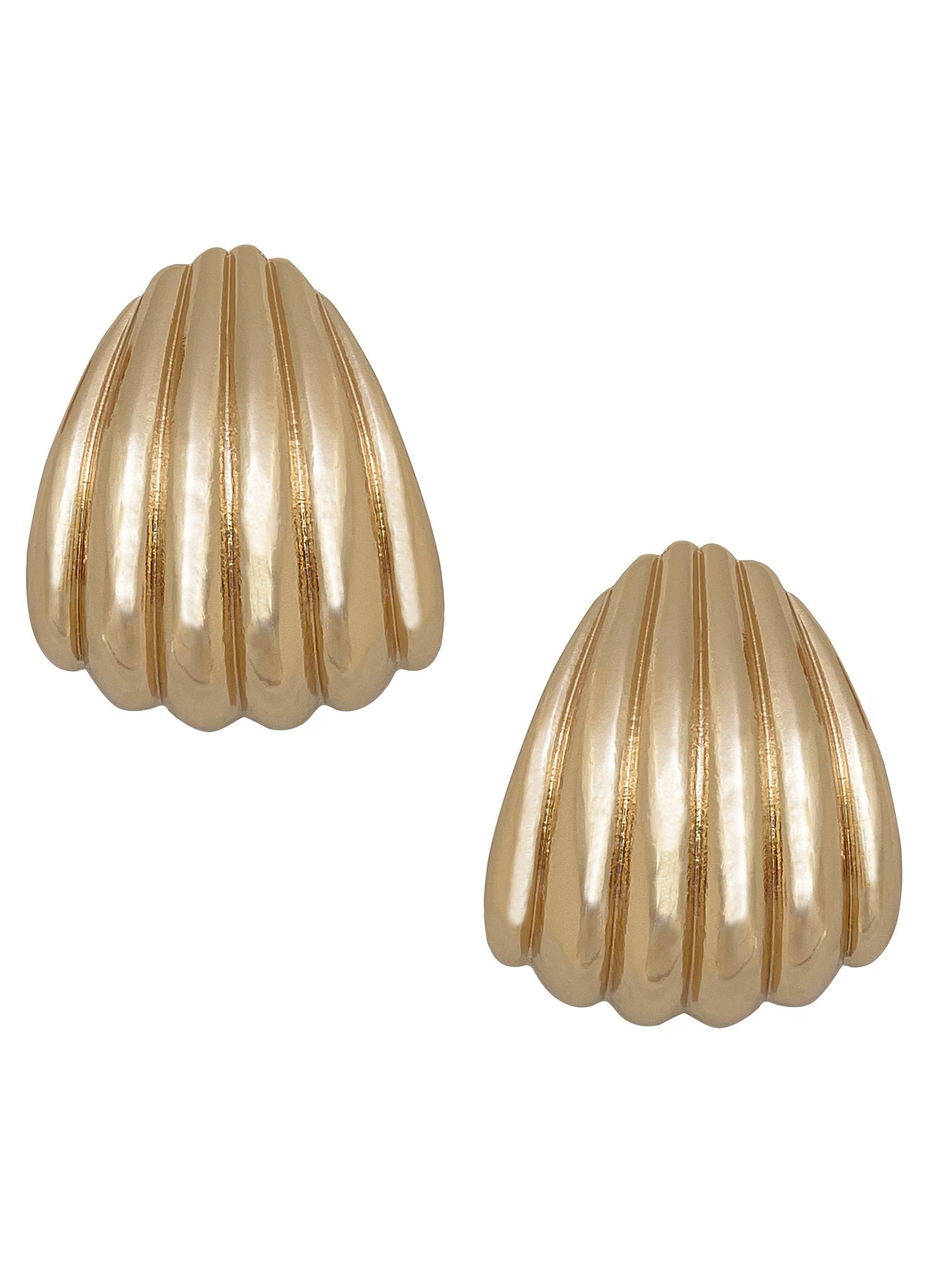Fun Facts About Hera: The Queen Of Mount Olympus
Ever wondered about the goddess who ruled the heavens with an iron fist? Well, buckle up because we're diving deep into the fascinating world of Hera, the queen of Mount Olympus. Known as the goddess of marriage, family, and women, Hera is more than just a pretty face. She's got a fiery temper, a sharp wit, and a story that's as dramatic as it gets. In this article, we'll uncover some mind-blowing facts about Hera that you might not have known.
Hera isn't just another Greek deity; she's a powerhouse. Her role in mythology is both complex and captivating. From her marriage to Zeus to her role as a protector of women, Hera's life is filled with twists and turns that make her one of the most intriguing figures in Greek mythology.
So, if you're ready to learn about the goddess who commands respect and awe, keep reading. This article is packed with fun facts, interesting tidbits, and insights that will make you see Hera in a whole new light. Let's get started!
- Did Dwayne Johnson Die Debunking The Rumors And Celebrating The Rock
- What Is Szas Real Name Discover The Story Behind The Rampb Sensation
Here's a quick roadmap to guide you through this journey:
- Biography of Hera
- Family Life
- Symbolism and Attributes
- Famous Myths Involving Hera
- Her Fiery Temper
- Worship and Festivals
Biography of Hera
Hera, the queen of the gods, isn't just a mythical figure; she's a symbol of strength and resilience. Born to the Titans Cronus and Rhea, Hera's early life was as tumultuous as her later years. Like her siblings, she was swallowed by her father Cronus, who feared that his children would overthrow him. Thankfully, Zeus, her youngest brother, managed to rescue them all, setting the stage for the epic battles that would follow.
But Hera's story doesn't stop there. She grew up to become the goddess of marriage and family, a role that she took very seriously. Her marriage to Zeus, the king of the gods, was anything but ordinary. It was filled with drama, betrayal, and a lot of thunderbolts. Despite the chaos, Hera remained steadfast in her duties, protecting the sanctity of marriage and family.
- Virginia Madsen Net Worth A Deep Dive Into The Wealth Of This Talented Actress
- Matthew Le Nevez The Rising Star Redefining Success In The Spotlight
Data and Biodata of Hera
| Attribute | Details |
|---|---|
| Name | Hera |
| Title | Queen of Mount Olympus, Goddess of Marriage, Family, and Women |
| Parents | Cronus and Rhea |
| Siblings | Zeus, Poseidon, Hades, Demeter, Hestia |
| Consort | Zeus |
| Symbols | Crown, Peacock, Cow, Lotus Staff |
Family Life
Hera's family life is a tale of both love and strife. As the wife of Zeus, she had to deal with his numerous affairs and the children they produced. This often led to Hera's infamous jealousy and anger, which she directed at Zeus's mistresses and their offspring. Despite this, Hera remained committed to her role as a wife and queen.
Her relationship with Zeus was complex. On one hand, they were partners in ruling the universe. On the other, their marriage was fraught with tension and conflict. Yet, Hera's loyalty to her family was unwavering. She stood by her children, even when they were born out of Zeus's infidelity, ensuring that they were protected and respected.
Children of Hera
Hera had several children, both with Zeus and through other means. Some of her notable offspring include:
- Ares – God of War
- Hebe – Goddess of Youth
- Hephaestus – God of Fire and Metalwork
Symbolism and Attributes
Hera's symbolism is rich and varied. As the goddess of marriage, she is often depicted wearing a crown, symbolizing her royal status. Her association with peacocks is also significant. The peacock's eye-like feathers are said to represent the all-seeing nature of Hera, ensuring that nothing escapes her watchful gaze.
Another important symbol associated with Hera is the cow. This ties back to her role as a protector of women and fertility. The lotus staff she carries is another emblem of her authority and power.
Famous Myths Involving Hera
Hera features prominently in many Greek myths, each one adding another layer to her character. One of the most famous myths is her role in the Twelve Labors of Hercules. Hera's enmity towards Hercules, Zeus's son with a mortal woman, led her to set numerous challenges for him. Yet, this myth also highlights Hera's eventual forgiveness and acceptance of Hercules.
Another notable myth involves Io, a priestess whom Zeus transformed into a cow to protect her from Hera's wrath. Hera, however, wasn't fooled and sent a gadfly to torment Io. This story showcases Hera's cunning and determination.
Lesser-Known Myths
Beyond the well-known tales, there are several lesser-known myths about Hera that are equally fascinating. For instance, her role in the myth of the Golden Apple of Discord is often overlooked. Hera, along with Athena and Aphrodite, competed for the apple, leading to the infamous Judgment of Paris. This myth highlights Hera's pride and her role in the events leading up to the Trojan War.
Her Fiery Temper
Hera's temper is legendary. When crossed, she could unleash her wrath in ways that would make even the bravest heroes tremble. Her anger was often directed at Zeus's mistresses and their children, but it wasn't without reason. Hera saw these affairs as a betrayal of their marriage vows, something she took very seriously.
Despite her fiery nature, Hera wasn't just a vengeful goddess. She was also deeply protective of those she loved and fiercely loyal to her family. Her temper was a reflection of her passion and commitment to her principles.
Examples of Hera's Wrath
- Semele – Hera tricked Semele, Zeus's lover, into asking Zeus to reveal his true form, leading to her demise.
- Leto – Hera sent a giant python to chase Leto, preventing her from finding a place to give birth to Apollo and Artemis.
Worship and Festivals
Hera was widely worshipped in ancient Greece, with numerous temples dedicated to her honor. One of the most famous was the Heraion of Argos, a massive temple that stood as a testament to her importance. The festivals held in her honor were grand affairs, filled with music, dance, and offerings.
One of the most significant festivals was the Heraia, where young women competed in athletic events to honor Hera. This festival celebrated her role as a protector of women and her association with strength and vitality.
Modern-Day Influence
Even today, Hera's influence can be seen in various aspects of culture. Her story continues to inspire literature, art, and even modern media. The themes of loyalty, betrayal, and resilience that define her character resonate with audiences across the globe.
Conclusion
Hera, the queen of Mount Olympus, is more than just a mythological figure. She's a symbol of strength, resilience, and loyalty. Through her stories, we learn about the complexities of relationships, the importance of family, and the power of forgiveness.
So, the next time you hear about Hera, remember that there's more to her than meets the eye. Her journey is a testament to the power of standing up for what you believe in, even when the odds are against you.
And hey, don't forget to share this article with your friends! Who knows, you might just spark a fascinating conversation about the queen of the gods. Until next time, keep exploring the wonders of mythology!
- Luke Nichols Wikipedia A Deep Dive Into The Life And Legacy Of A True Star
- Michael Cimino Actor The Man Behind The Lens And Beyond The Spotlight

70 Hera Facts About The Queen Goddess Of Olympus

70 Hera Facts About The Queen Goddess Of Olympus

HERA épifenē